April 10, 2019
The growing urbanisation of work and workplaces 0
 The question of what makes a city great is an old one but has never been asked more than it is right now. It is usually couched in terms of the urbanisation of large parts of the world but it is important for other reasons too, not least because the urban environment is an increasingly important part of the virtual workplace many of us now inhabit and offices themselves increasingly resemble the agglomeration of spaces we have typically associated with our towns and cities. Recently, McKinsey published a report into urbanisation, based largely on the usual premise of the proportion of the world’s people involved, but it is an issue that touches all of our lives and in unexpected ways.
The question of what makes a city great is an old one but has never been asked more than it is right now. It is usually couched in terms of the urbanisation of large parts of the world but it is important for other reasons too, not least because the urban environment is an increasingly important part of the virtual workplace many of us now inhabit and offices themselves increasingly resemble the agglomeration of spaces we have typically associated with our towns and cities. Recently, McKinsey published a report into urbanisation, based largely on the usual premise of the proportion of the world’s people involved, but it is an issue that touches all of our lives and in unexpected ways.





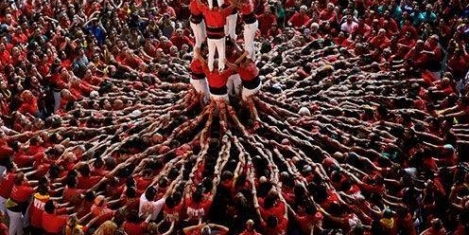
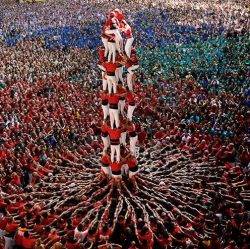
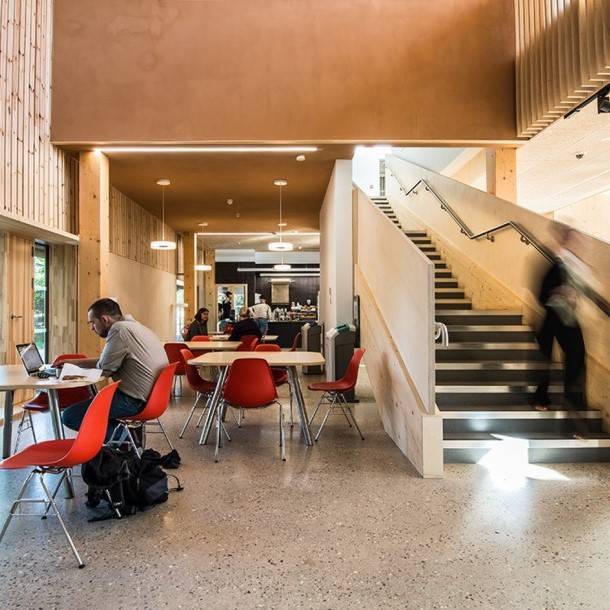
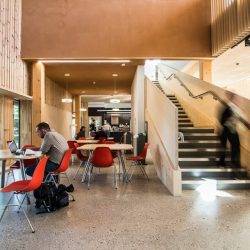





 New service charge rules which aim to ensure there are no hidden costs and clarity around disputes, come in to force today (1 April 2019) and are mandatory for RICS professionals. ‘Service charges in commercial property’ has been developed with industry leaders, including major property organisations and professional bodies to secure transparent, upfront and fair costs for businesses as part of the maintenance and upkeep of their building. Amongst the rules, any charges incurred by the tenant must be explained fully at the outset and in accordance with the terms of the occupational lease, whilst any upkeep costs not specifically mentioned or explained in a lease must be made irrecoverable from the tenant.
New service charge rules which aim to ensure there are no hidden costs and clarity around disputes, come in to force today (1 April 2019) and are mandatory for RICS professionals. ‘Service charges in commercial property’ has been developed with industry leaders, including major property organisations and professional bodies to secure transparent, upfront and fair costs for businesses as part of the maintenance and upkeep of their building. Amongst the rules, any charges incurred by the tenant must be explained fully at the outset and in accordance with the terms of the occupational lease, whilst any upkeep costs not specifically mentioned or explained in a lease must be made irrecoverable from the tenant.







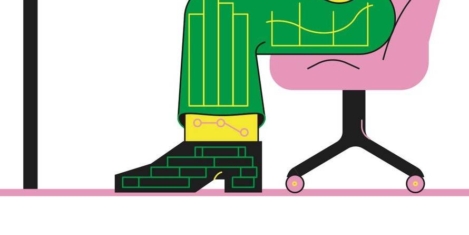
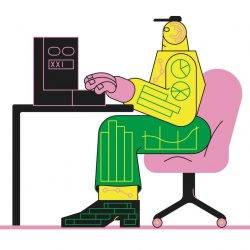









March 18, 2019
Artificial Intelligence is transforming the workforce as we know it
by Dennis Spaeth • AI, Comment, Technology
(more…)